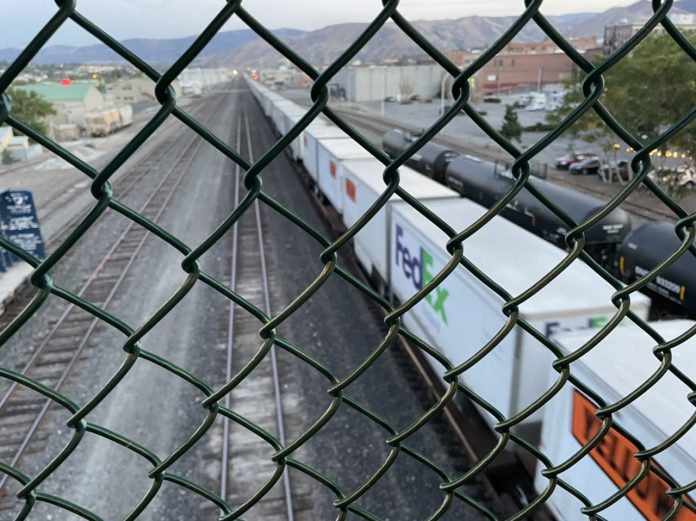No more raids: Greyhound has made an agreement with Washington’s attorney general to stop warrantless and no-cause ICE sweeps on buses.
Planning ahead: Pittsburg’s transit agency has charted a 25-year growth plan.
Rising ridership: New York City’s subway continues to see ridership recovery.
Permanent program: Arlington County, Virginia is studying a permanent outdoor dining program.
Upsidedown: A federal proposal would give billions for new electric vehicles, but e-bike incentives remain in doubt.
Fare-free: In Albuquerque, transit will go fare-free for a year.
Optimistic: King County Homelessness Authority’s new executive director Marc Dones does a new interview ($).
Expropriation: Berlin may expropriate large scale landlords for affordable housing units.
Be like Virginia: Virginia continues to improve intercity passenger rail ($).
Pedestrian malls: CityLab charts the rise and fall of the American pedestrian mall.
End of the road: King County’s bicycle helmet law may be on its way out.
Extension: Washington Governor Jay Inslee has extended his eviction moratorium bridge program.
Ending Single-Family Zoning: California has effectively ended single-family only zoning in cities.
Adapting: How are downtown businesses adapting to the reality of fewer daily office workers?
Not always easy: Active transportation isn’t exactly easy and sometimes requires extra planning ($).
Still expanding roads: San Diego has made a modal promise to shift away from cars, so why is it expanding roads?
Remove highways: Removal of highways can improve neighborhoods blighted by racist policies, says a Planetizen op-ed.
Slowing progress: Philadelphia’s council president wants to stall out development approvals by the city’s board of zoning adjustments.
Blind spots: The Biden administration’s heat island strategy ignores cars, Streetsblog says.
Gigaton of savings: Congress’ reconciliation bill could save a gigaton of carbon emissions.
Early adopter: Bend, Oregon is the first city in the state to comply with new housing and zoning reform legislation.
Recreational buys: Did people buy cars during the pandemic just for recreation?
Talk about health: Streetsblog explains why transit planners need to talk about public health.
Secure bike parking: A new public secure bike storage program is coming to Jersey City.
Addressing homelessness: The Biden administration is aiming to help local governments address homelessness.
Bike and public space: In Portland’s Old Town, leaders see bike lanes and public space activation as keys to recovery.
Redlining: How did redlining really play out?
A tragedy: A worker on the convention center expansion in Seattle died last week.
Idaho Stop CA: An Idaho Stop law in California is awaiting final approval from the governor.
Still behind: Over 60,000 Seattle area renters are behind on their rent ($).
New development: The Madison Valley may get a small scale infill development on E Madison Street. Meanwhile, a nine-story mixed-use building is planned for Capitol Hill.
Safer crossing: Portland is starting work on a new safe bike crossing of I-405.
A coast at risk: An op-ed explains why Texas needs its $29 billion coastal protection plan implemented.
Increased cap: The Biden administration is significantly increasing the refugee cap ($).
Zero-driving community: What’s a zero-driving community?
Child-friendly neighborhoods: In an op-ed, Caitlin Rogger argues that a car-friendly neighborhood isn’t a child-friendly neighborhood.
Stephen is a professional urban planner in Puget Sound with a passion for sustainable, livable, and diverse cities. He is especially interested in how policies, regulations, and programs can promote positive outcomes for communities. With stints in great cities like Bellingham and Cork, Stephen currently lives in Seattle. He primarily covers land use and transportation issues and has been with The Urbanist since 2014.


